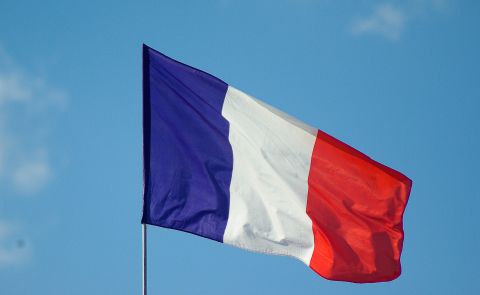
Crisis in Georgia: A longer-term perspective
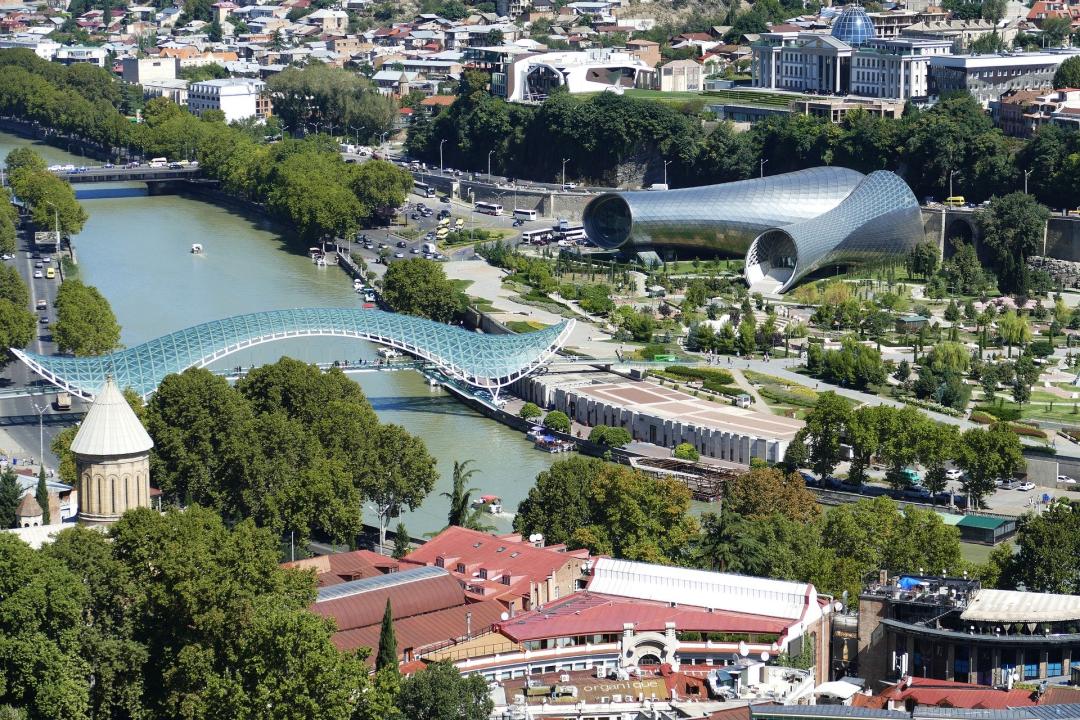
Georgia faces a much larger crisis than just infighting with a political crisis following the arrest of Nika Melia, leader of United National Movement (UNM) on February 23rd. The political spectrum itself is in turmoil as it lacks the resilience necessary to address major problems facing the country: an unstable justice system, structural troubles in the education system, chronically low levels of FDI, an inability to build a proactive stance towards the occupied territories of Abkhazia and South Ossetia etc.
On 12 March, the EU mediator in the talks between the ruling Georgian Dream party and the opposition Christian Danielsson started his mediation efforts in Tbilisi. This follows EU’s earlier efforts to find a compromise when in early March the European Council President Charles Michel visited Georgia to set the scene for mediation. Practical results are expected to by March 16th when a special session on Georgia will be held in Brussels and the country’s PM, Irakli Garibashvili is hoped to deliver a meaningful compromise. The crisis has entered a new stage as both sides, the ruling party and the opposition, have now an ever more limited space for reaching a compromise without undermining their respective support base.
In a way the crisis reverses a steady decline in sympathy for UNM which was evident over the past several years. When the government forces stormed the opposition headquarters to arrest Melia, this sparked not only protests in central Tbilisi, but also larger sympathies towards the opposition in the West. For the moment, it remains to be seen whether this crisis would reinvigorate the support base for the opposition among larger sections of the Georgian population. Still, it could be argued that the opposition, and the UNM in particular, through a clever self-representation, managed to re-invent itself as a viable alternative to Georgian Dream (GD).
But to get a real sense of what the internal Georgian crisis means we need to employ a longer-term perspective. For many the current crisis is more about inter-party fighting than the resolution of long-term problems associated with political system. This follows the trend of growing disillusion from wider sections of the public. As the last several elections showed, decreasing number of supporters characterizes the governing party as well. General apathy also explains large abstention rate of voters since 2016 elections.
GD founder Bidzina Ivanishvili’s distancing from politics emboldened the opposition to embrace a more radical approach. His disengagement sets the scene for struggle among various power groupings within GD – a trend that would sap energies and effectiveness of the ruling party. Furthermore, Giorgi Gakharia's resignation, Melia's arrest, occasional demonstrations, opposition parties calling for snap elections – all point to new turmoil and protracted uncertainty in Georgian politics. Gakharia’s successor Irakli Garibashvili, famous for his harsh rhetoric against the opposition, will add to an increasingly polarizing political climate paving the way for further political escalation.
Reasons for protracted crisis are also rooted in an unstable economic situation: despite the expected GDP growth of 4.3% in 2021, the national currency keeps sliding against the US dollar, wages and the level of FDI remain low, and inflation grows.
These troubles will continue to undermine GD’s third consecutive term and will complicate its bid to remain in power beyond 2024 – a crucial year when next parliamentary elections will be held and the government will make an official EU membership bid.
There is also a larger disillusion with the whole political class in Georgia. General apathy with the ruling or the opposition forces emanates from the premise that claims made for decades by various political parties to establish a solid base for independent judicial system in the country have failed. What is worse this failure is usually precipitated by the purposeful maneuverings of a ruling party whether it is UNM (2004-2012) or GD (since 2012). This helps the following perception to prevail among the populace that the current ruling party keeps influencing court decisions and the trend is unlikely to change even if any of the opposition forces comes to power.
Geopolitical Dimension
The crisis is also more of an inner Georgian political concern than that of wider geopolitics. Georgia is unlikely fall into the Russian geopolitical orbit as nearly all parties are committed to Euro-Atlantic integration. Nevertheless, the Georgian crisis can tell much about the changing international relations, which are nowadays growingly characterized by open rivalry between liberal and illiberal forces – more specifically the US power and by extension the liberal world order is contested at the periphery of Europe by illiberal powers. From the Baltic to the Black Sea to the South Caucasus, the US and EU now face an array of challenges. It is a systemic challenge when illiberal capitalism is gaining momentum as non-democratic powers are establishing their privileged spheres of influence, supporting non-democratic powers and undermining liberal institutions.
Crisis in Georgia, the country often viewed as a beacon of democracy in the region, could be a continuation of these trends across Eurasia. More locally though, troubles in Georgia’s democracy reflect similar negative trends elsewhere in the Caucasus. Armenia, another fragile liberal state also faces challenges as protests rage, dependence on illiberal Russia grows and democratic institutions falter.
To conclude, to solve the crisis in Georgia the western mediation will remain instrumental, though as time goes both sides will find it harder to find a meaningful compromise. Rhetoric of the parties and the growing limits for maneuverability pushes the country into deeper internal crisis. Snap parliamentary elections could be a solution, but even then internal troubles would not be solved. Many negative trends converge to give a breathing space for a stable internal political situation. Rather the country now enters, irrespective of when and in what breadth a compromise is found, a protracted internal political crisis with political parties ever distanced from the needs of the population in a time of deepening economic troubles.
See Also

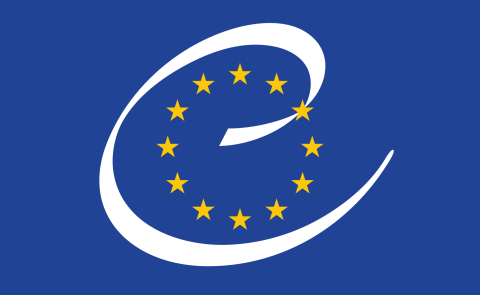
Armenia Strengthens Ties with Council of Europe
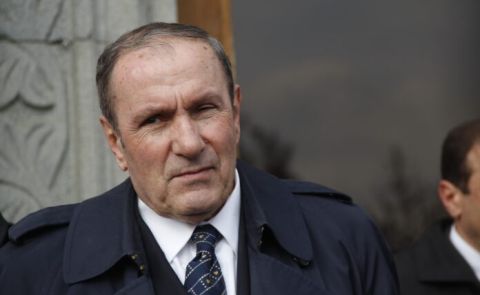
Former Armenian President Labels Pashinyan a Traitor and Blasphemer
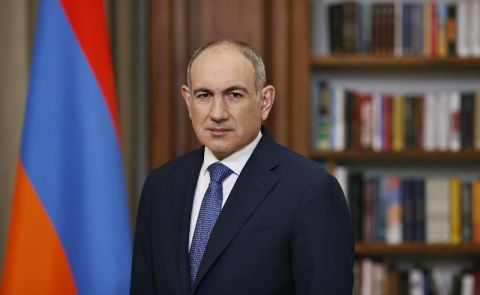
Pashinyan Addresses Key Issues on Church, National Future, and Fund Allegations
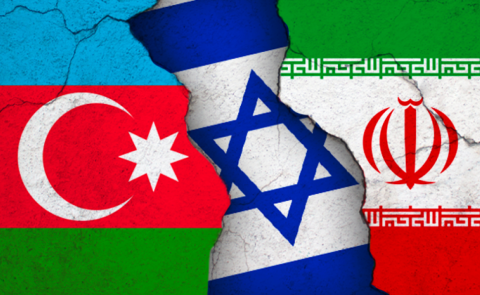
Azerbaijan Calls for 'Dialogue and Diplomatic Resolution' Between Israel and Iran
